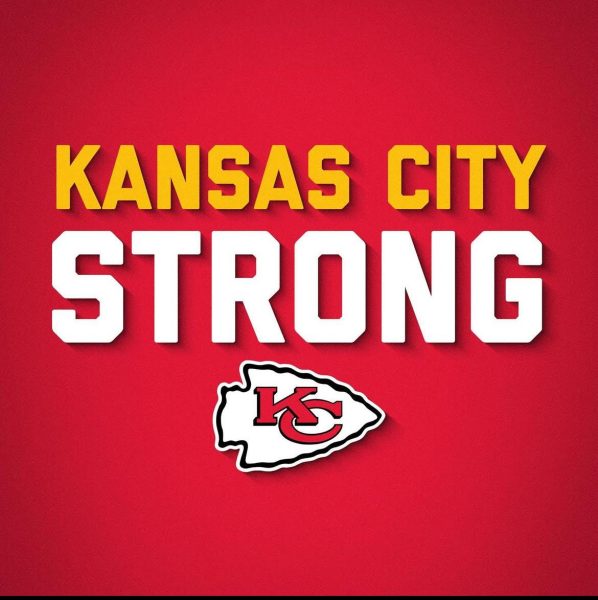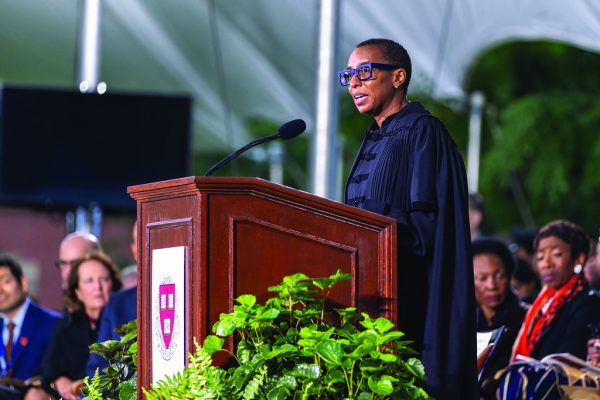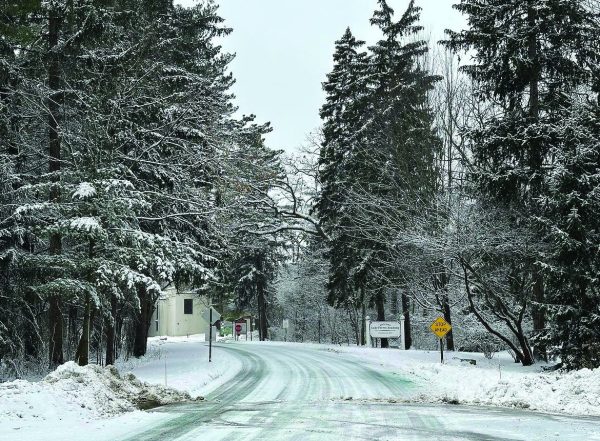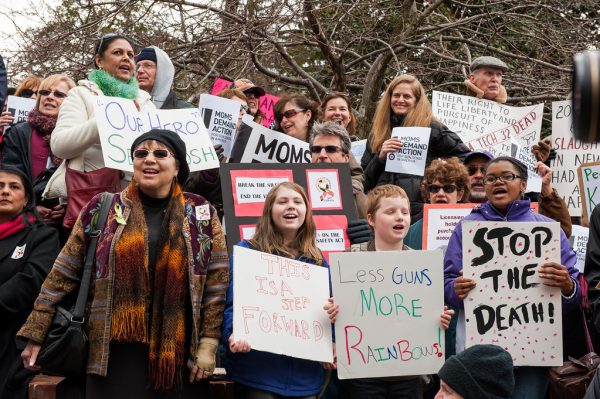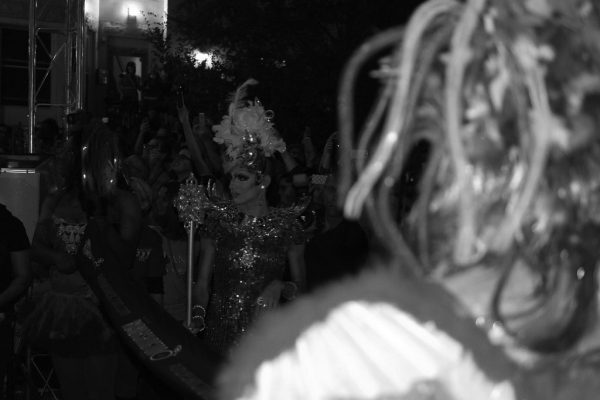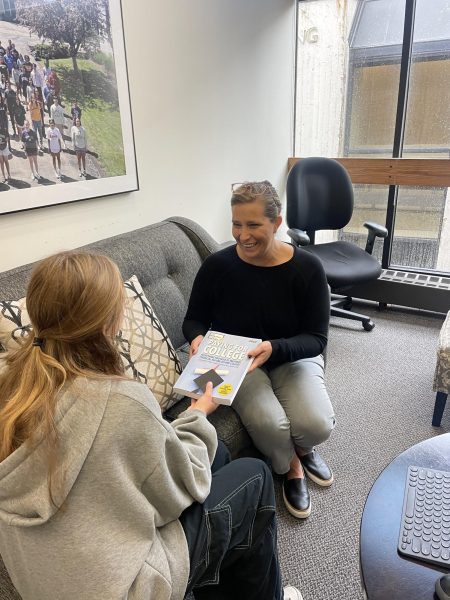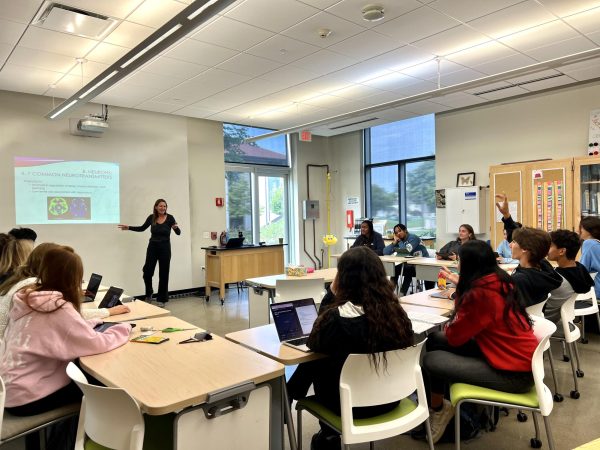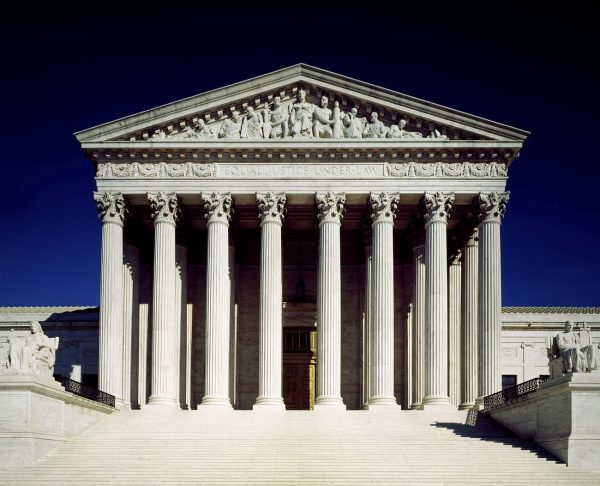Deion Sanders and the future of HBCU sports
February 8, 2023
Within the football world, the named Deion Sanders or “Prime Time” is synonymous with the flashy showboating commonplace in the late 90’s early 2000’s. Sanders played 14 seasons in the NFL from 1989 to 2005, across 5 different teams, dominating as the first starting two-way player (defense and offense) since 1962. Deion Sanders also competed in the MLB where he played 9 seasons for 4 teams.
Aside from his clear athletic prowess, Sanders’s playoff success in winning two Super-Bowls and having a World Series appearance, cemented Sanders’ legacy as one of the most complete athletes of all time.
For this reason, it was a shock to many when the Pro-Football Hall-of-Famer announced on September 21, 2021 that he would be accepting a coaching position at Jackson State University.
Jackson State University is an HBCU [Historically Black College or University], which generally does not have the type of recruitment power/attraction that other D1 PWI’s (Predominantly White Institution) programs, especially power 5 conferences, have.
This is why the language the Coach Prime used when announcing his commitment to coaching at Jackson State University was impactful.
In a statement issued by Jackson State University [JSU], Sanders said, “It’s my desire to continue this storied tradition and history of JSU and prayerfully bring more national recognition to the athletes, the university, the Sonic Boom of the South, and HBCUs in general.”
That is exactly what he did, immediately there was a shift in the recruitment class and caliber that Jackson State University was receiving, dubbed the “Coach Prime Effect.” Prior to Deion Sanders arrival Jackson State University had failed to acquire even one 4-star recruit (heavily scouted highschool prospects will be ranked between 1 to 5 stars). Yet, in the summer of 2021 Jackson State University received 8 recruits with 4-stars or higher, including Shedeur Sanders, the son of Deion Sanders at QB.
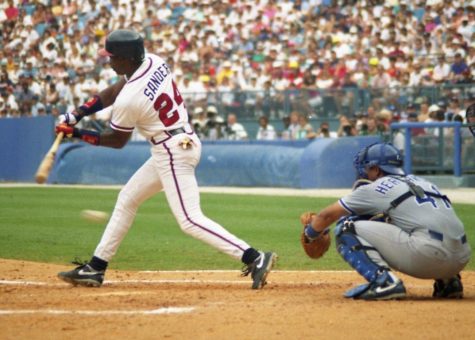
(Courtesy of Creative Commons)
Most noticeably, two-way player and the number one high-school prospect in the 2022 recruiting class, Travis Hunter, who just may be one of the few two-way players to enter the NFL, committed to Jackson State University hoping to be mentored by a Hall-of-Famer with experience at his positions.
After a 12-1 season—the only winning season at Jackson State University since 2013 (only falling short in the celebration bowl,)—Deion Sanders announced that he would be taking his coaching talents to the Pac-12 Conference.
There was a lot of noise created by this decision about whether Deion Sanders was in the wrong or appearing to ‘use’ an HBCU coaching position as an entry level job to get to a more prestigious position at a Power-5 PWI.
LFA student Gavin Berlin ‘24 said, “It is clear that he is chasing a bigger bag, a job at Colorado will definitely come with more money, benefits, and facilities that he can take advantage of. But, that’s not entirely a negative. If I’m being honest he accomplished a majority of what he said he would, and created a lot of noise and popularity circulating the HBCU football scene.”
As for the future of HBCU football, it is dependent on their ability to remain appealing to bigger names and higher ranked recruits. SWAC Defensive Player of the Year, and JSU’s star linebacker, Aubrery Miller Jr. called out to athletes being recruited, and said, “Your talent needs to come back home. You need to play for your people. If we do it you can do it.”







